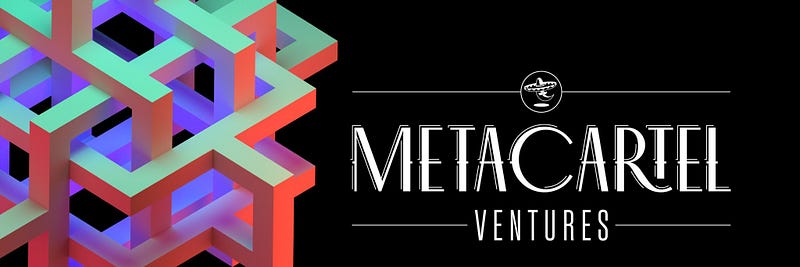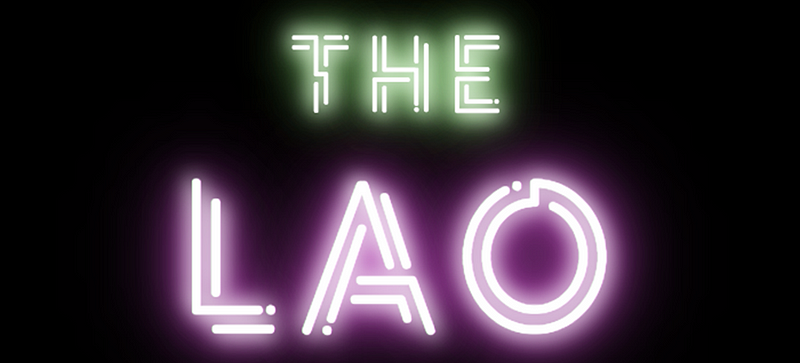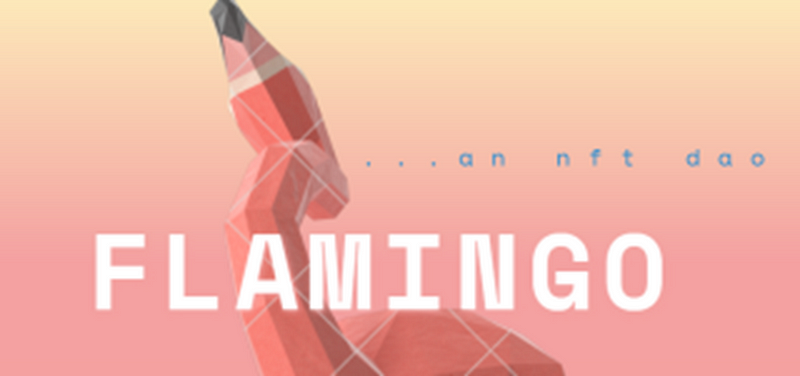Exploring Investment DAOs: A New Era in Venture Capital
Written on
Chapter 1: Understanding Investment DAOs
In recent discussions about Web 3.0, you may have encountered the term DAO, which stands for Decentralized Autonomous Organization. This innovative concept is rapidly gaining traction due to its integration with blockchain technology. DAOs possess distinct characteristics, such as:
- Operating without a central governing body, relying instead on transparency and member participation.
- Fulfilling a specific utility or addressing a problem. For instance, I recently met someone from MoonDAO, an international collective focused on democratizing access to space research. They have successfully raised 2495.15 ETH, aiming to send a MoonDAO member to space in 2022.
- Granting voting rights to all members holding native tokens, thus fostering a democratic decision-making process. Any action or proposal must be approved by the majority of members.
- All governance rules are encoded on the blockchain in an open-source format, allowing for public audits.
One intriguing aspect of DAOs is their "trustless" nature, meaning members do not need to know each other's identities. Instead, they must trust the underlying code and smart contracts that govern the organization. The transparency and flat structure of DAOs have led to advocacy for their broader adoption across various sectors.
This article will focus on one particular application of DAOs: the Investment DAO.
Investment DAOs: A Collaborative Approach
As the saying goes, “If you want to go fast, go alone. If you want to go far, go together.” This concept, while not new, perfectly encapsulates how Investment DAOs can empower retail investors. Simply put, an Investment DAO allows a group of investors to pool their funds for a common goal, such as investing in startups, managing grants, or acquiring expensive NFTs—activities that individual retail investors often struggle to pursue independently.
Typically, Investment DAOs follow a structured investment process:
- Collect funds or assets from members in exchange for tokens.
- Members or managers propose investment opportunities.
- Members vote on whether to invest or pass on the proposal.
- If the majority votes in favor, the DAO executes the investment automatically through its governing contract.
- Members also vote on when to sell investments and how to allocate profits, whether as dividends or reinvestments.
What sets Investment DAOs apart is the capital raised via DAO tokens, which entitle holders to a share in the profits. These tokens can also be traded similarly to stocks, albeit with some limitations.
Due to the relative ease of forming DAOs, various Investment DAOs have emerged, each with its unique strategy—be it NFTs, early-stage crypto ventures, play-to-earn games, infrastructure, or real estate in the metaverse. Unlike traditional investment firms, which rely on a small investment committee for decision-making, Investment DAOs provide accessibility and flexibility for participants worldwide.
Examples of Notable Investment DAOs

MetaCartel Ventures is a profit-oriented DAO established by the MetaCartel community to invest in early-stage decentralized applications (DApps). It categorizes its members into three types:
- Mages: Actively manage funds, source deals, and maintain relationships with potential investments. Their profiles are publicly accessible, and failure to perform satisfactorily may lead to demotion to the Goblin status.
- Goblins: Passive investors who contribute funds to the DAO and are typically accredited investors.
- Summoners: Not official members, but assist with legal, financial, and coordination tasks.
MetaCartel generally invests between $20,000 and $100,000, often being the first to fund a project. Notable investments include Rarible, DAOhaus, and Reflexer Finance.

Founded in April 2020, The LAO operates as a member-directed venture capital fund, organized through a decentralized application and smart contracts. Its primary focus is on Web3 projects, currently managing $45 million across over 30 investments. Members can purchase LAO units, which represent a stake in the fund. Each unit is traded for 310 ETH, granting rights to 0.90% of voting power and proceeds. Membership is limited to 99 accredited investors, with notable investments including Consensys and Palm NFT Studio.

Flamingo DAO focuses on NFTs and mirrors the structure of The LAO, which helped establish it. Membership is capped at 100, with units sold for 60 ETH, granting 1% voting rights and proceeds. To date, Flamingo has amassed 7,920 ETH, translating to approximately $26 million, with a diverse NFT portfolio valued at $1 billion. Members can propose NFT acquisitions, which are then voted on by the community.

Global Coin Research operates as an Investment DAO but allows members to opt in or out of individual deals, unlike typical DAOs that require majority approval. Membership tiers (Pioneer, Gold, Gold Pro) are based on the number of $GCR tokens held. GCR has invested $31 million across various sectors, including cryptocurrency and blockchain, biotech, space travel, and AI.
The first video titled How to Create Your Own Crypto Hedge Fund explores the foundational aspects and strategies of establishing an investment DAO, providing valuable insights for those interested in this innovative approach.
Closing Thoughts
Despite the growing interest and numerous DAO launches, it's still uncertain whether they will fundamentally change our interaction and operational methods. Although DAOs were conceptualized in 2015, technological advancements have made them more practical in recent times.
In my opinion, while new entities may adopt DAO structures, established corporations are unlikely to transition fully to this model. Efficient corporate functioning often necessitates a degree of hierarchy that facilitates decision-making and leadership roles. This approach has been the norm for centuries and won't change overnight. Additionally, even though DAOs promote transparency and decentralization, a certain level of centralization is inevitable due to the need for managerial oversight.
Investment DAOs undoubtedly present appealing advantages, but several uncertainties remain. Regulatory frameworks are still developing, particularly concerning profit-sharing and governance rights, which may lead to tax complications and potential securities law violations. Many Investment DAO platforms include disclaimers indicating that their units have not received regulatory approval, underscoring the need for caution.
Nonetheless, I am enthusiastic about the potential for Investment DAOs to revolutionize the investment landscape. If I find an Investment DAO that aligns with my criteria and offers a lower entry point, I would eagerly participate.
The second video titled Building Financialized Data DAOs With Delphia delves into the concept of data DAOs and their role in transforming investment strategies and data utilization in the decentralized ecosystem.